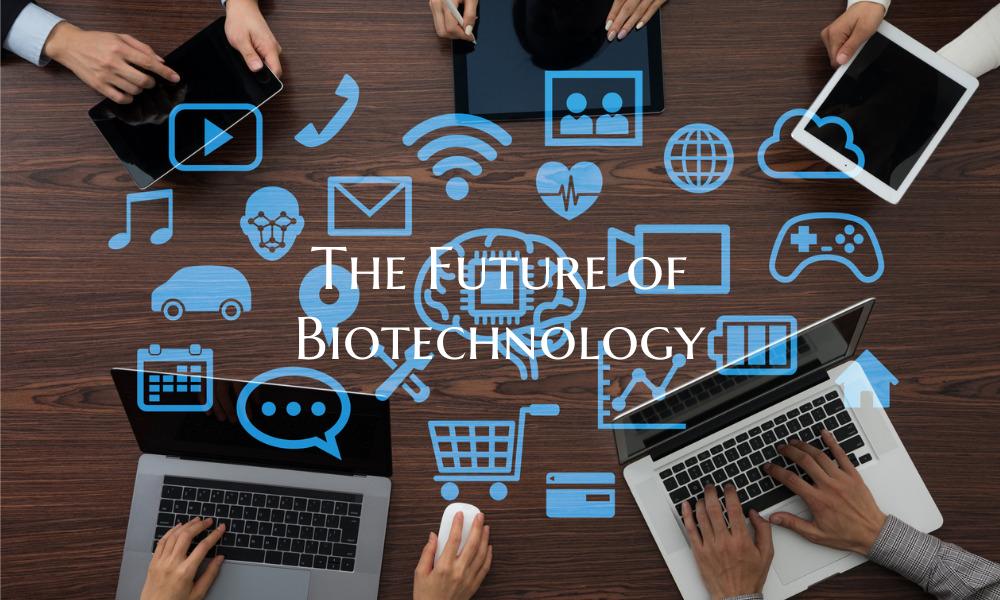The Future of Biotechnology
Biotechnology has steadily advanced over the years, revolutionizing various industries such as healthcare, agriculture, and energy production. As we look toward the future, the field of biotechnology is poised for even greater transformations and breakthroughs. From personalized medicine to sustainable agriculture, the potential applications of biotechnology are vast and promising.
One key area where the future of biotechnology holds immense potential is in personalized medicine. With advancements in gene editing technologies like CRISPR, researchers and healthcare professionals have the ability to tailor treatments to individual patients based on their genetic makeup. This personalized approach not only enhances treatment efficacy but also minimizes adverse effects, leading to better patient outcomes.
Another exciting development in biotechnology is the use of synthetic biology to design and engineer novel biological systems. This field offers the possibility of creating new bio-based materials, biofuels, and pharmaceuticals with improved properties and sustainability. By harnessing the power of synthetic biology, scientists can address pressing global challenges such as climate change and resource scarcity.
In agriculture, biotechnology is playing a crucial role in developing genetically modified crops that are more resilient to pests, diseases, and environmental stressors. These genetically modified organisms (GMOs) have the potential to boost crop yields, enhance food security, and reduce the environmental impact of agriculture. Looking ahead, biotechnologists are exploring innovative strategies such as gene editing and precision breeding to create crops with enhanced nutritional content and improved sustainability.
Furthermore, biotechnology is paving the way for the emergence of bio-based manufacturing processes that rely on renewable resources and sustainable practices. By employing biocatalysts and microorganisms in industrial processes, companies can reduce their reliance on fossil fuels and minimize waste generation. This shift towards bio-based manufacturing not only promotes environmental stewardship but also opens up new economic opportunities in the bioeconomy.
As we venture into the future of biotechnology, ethical considerations surrounding genetic manipulation, biosecurity, and equitable access to biotechnological advancements will be paramount. It is essential for policymakers, scientists, and the public to engage in dialogue and establish robust regulatory frameworks to ensure that biotechnological innovations are used responsibly and for the benefit of society as a whole.
In conclusion, the future of biotechnology is teeming with possibilities that have the potential to transform numerous aspects of our lives. By harnessing the power of biotechnology responsibly and ethically, we can address global challenges, improve healthcare outcomes, enhance agricultural sustainability, and foster a more sustainable and resilient future for generations to come.

